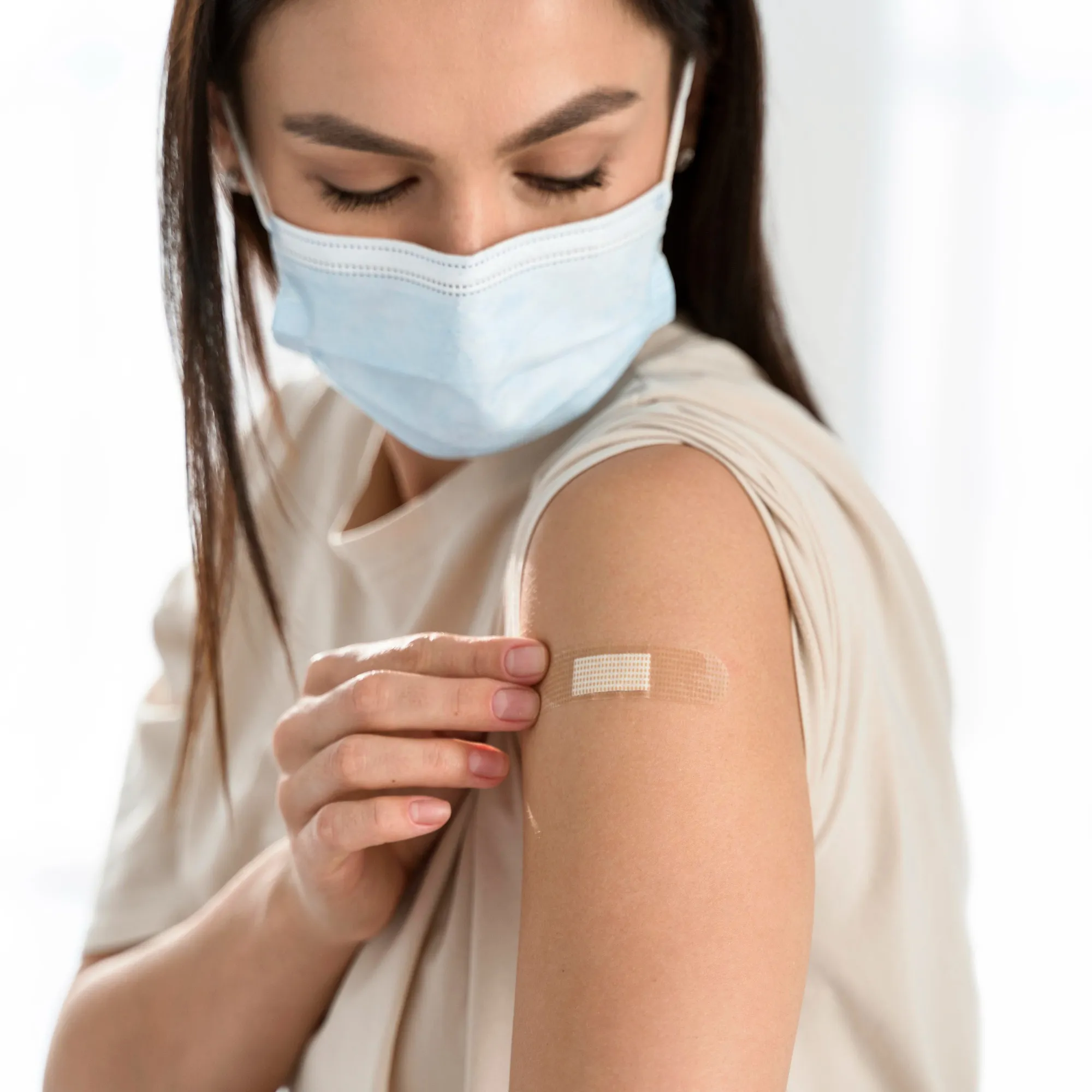In a recent and significant development within the scientific and medical community, a controversy has emerged surrounding the dengue vaccine Dengvaxia. This drama intensified as a researcher associated with the vaccine was formally charged, causing ripples through the Pharmaceutical industry, public health sector, and beyond. This news article will explore the complex story around the charges, their implications, and the broader context of Dengvaxia’s use in combatting dengue.
An article from The Lancet Infectious Diseases reported the charging of a Dengvaxia researcher in early June 2020. According to the journal, under reference number S1473-3099(19)30212-9 and with DOI 10.1016/S1473-3099(19)30212-9, this significant and contentious legal action took place amid escalating concerns over the vaccine’s safety and efficacy.
Background on Dengvaxia
Before delving into the nuances of the recent charges, it is crucial to understand what Dengvaxia is and why it holds significance. Dengvaxia, developed by Sanofi Pasteur, is the first vaccine approved for the prevention of dengue fever, a mosquito-borne disease prevalent in tropical and subtropical regions worldwide. With millions of annual cases, dengue represents a major public health challenge, and the advent of a vaccine was seen as a potential game-changer.
However, the vaccine’s deployment has not been without controversy. In 2017, Sanofi Pasteur disclosed that Dengvaxia could potentially increase the risk of severe dengue in individuals who had never been infected by the virus before vaccination. This announcement triggered a public health scare, particularly in the Philippines, which had conducted one of the world’s first mass vaccination campaigns with Dengvaxia.
The Charges
It has been reported by someone with the initials P.P., likely a journalist or correspondent, that a researcher deeply linked to Dengvaxia has faced charges. The nature and specifics of these charges have yet to be detailed in publicly available information. Nevertheless, it can be inferred that these legal actions stem from alleged instances of malpractice or erroneous conduct in the development or promotion of the vaccine, particularly relating to matters of legislation, jurisprudence, and potentially public misinformation.
Legal and Ethical Implications
The charging of the researcher raises a host of legal and ethical questions. Firstly, it prompts inquiry into the conduct of biomedical research, especially when it affects public health on a large scale. The intersection of clinical trials and legislation becomes a key focus, as does the duty of care researchers and pharmaceutical companies owe to their subjects and the greater populace.
Moreover, accusations of malpractice invite scrutiny of both individual and systemic failings. They also highlight the necessity for transparency and accountability, not only in the development and testing phases of a vaccine but also in how its risks and benefits are communicated to the public and healthcare professionals.
Response from the Scientific Community
The response from the broader scientific and medical community to the charges has been a mix of concern and calls for a measured approach. There is an understanding that while ensuring the safety of a vaccine is of paramount importance, there is also a need to avoid creating vaccine hesitancy, especially for a disease as widespread and potentially deadly as dengue.
As such, experts stress the importance of continued research into the safety and effectiveness of Dengvaxia and other dengue vaccines in development. There is also an emphasis on the need for robust post-marketing surveillance to monitor adverse events and inform public health decisions.
The Philippines’ Situation
The complications surrounding Dengvaxia have been most acutely felt in the Philippines. Following the vaccine’s rollout, reports surfaced of children falling ill and, in some cases, dying after receiving the vaccination. Public trust in the immunization program eroded, leading to an acrimonious fallout including parliamentary inquiries, the revocation of Dengvaxia’s license in the country, and numerous lawsuits.
These developments also had a chilling effect on the Philippines’ overall vaccination rates, contributing to outbreaks of other diseases, notably measles, which surged in the aftermath.
Moving Forward
Looking ahead, the Dengvaxia saga serves as a sobering reminder of the complexities inherent in vaccine development and deployment, particularly in an era where emerging diseases present ever-shifting challenges. It underscores the need for a balanced approach that considers scientific evidence, regulatory frameworks, ethical considerations, and public perception.
As for the charged researcher, their case is poised to become a focal point in ongoing discussions about accountability in public health interventions. It also reiterates the message that while the scientific pursuit of solutions to maladies like dengue is urgent, it must never come at the cost of due diligence and ethical responsibility.
References
1. Chatterjee, Patralekha. “Dengvaxia researcher charged.” The Lancet. Infectious Diseases 19.6 (2019): 584-585.
DOI: 10.1016/S1473-3099(19)30212-9.
2. World Health Organization. “Dengue vaccine: WHO position paper – September 2018.” Weekly Epidemiological Record 93.36 (2018): 457-476.
3. Capeding et al. “Clinical efficacy and safety of a novel tetravalent dengue vaccine in healthy children in Asia: a phase 3, randomised, observer-blind, placebo-controlled trial.” Lancet 384.9951 (2014): 1358-1365.
4. Wilder-Smith, Annelies, et al. “Dengue.” The Lancet 393.10169 (2019): 350-363.
5. Halstead, Scott B. “Dengue vaccine development: a 75% solution?” The Lancet 380.9853 (2012): 1535-1536.
Keywords
1. Dengvaxia vaccine controversy
2. Dengue vaccine malpractice
3. Dengvaxia legal charges
4. Vaccine safety and ethics
5. Philippines dengue vaccination
